
Nutrition
Nutrition plays a vital role in brain health and is especially important for people with dementia. Changes in eating habits, taste and appetite are common, which can lead to weight loss and lack of appropriate nutrients, impacting on physical and cognitive function.